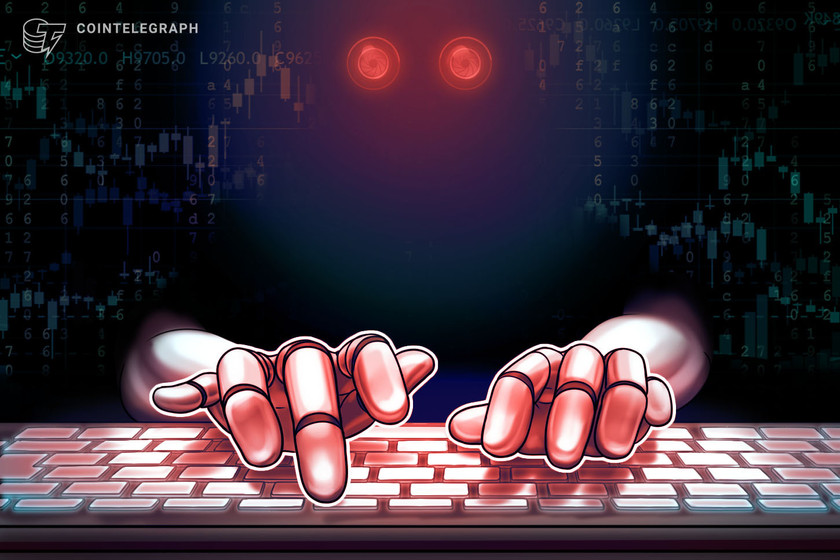Zambia’s crypto regulation tests to be wrapped by June: Report


According to Zambia Tech Minister Felix Mutati, the country needs digital identities and other necessary digital infrastructures before it introduces crypto.
Cryptocurrency regulation tests aiming to help shape crypto laws in Zambia that simulate the real-world use of crypto are on track to finish by June.
In an April 12 Reuters interview, Zambia’s innovation, science and technology minister, Felix Mutati, said the purpose of conducting the tests was to help the government “see what would happen in the real world,” to assist in forming crypto regulations.
Zambia’s central bank and securities regulator commenced the tests on Feb. 19, which Mutati said was looking to balance safety and innovation:
“Our main goal in the area of cryptocurrency is to strike a balance between innovation in terms of digital payments […] against citizens’ safety, particularly given that cryptocurrency is very volatile.”
Additionally, Mutati stated that before cryptocurrencies can be introduced, digital identities and other digital infrastructures need to be implemented.
Related: Swedish Riksbank report looks at collaboration with potential e-krona in retail payments
Although Zambia’s debt restructuring process has been “long delayed,” with the largest portion of its debt owed to creditors from China, Mutati suggested it hasn’t deterred investment in Zambia.
“What we are seeing is increased appetite to invest in Zambia.”
Zambia was the first African country to default at the start of the COVID-19 pandemic in 2020. In a separate April 12 Reuters report, the country’s treasury secretary, Felix Nkulukusa, said thathe nation could lose the gains it achieved from its macroeconomic reforms if the debt restructuring is delayed further.
We continue engaging people on how we can achieve digital financial inclusion. pic.twitter.com/twoMnmI4BK
— Felix Chipota Mutati (@ChipotaFelix) April 6, 2023
When Mutati initially announced the country would be testing technology for crypto regulation on Feb. 19, he stated that “through digital payment platforms, people will become much more included in digital financial services.”
He added that “cryptocurrency will be a driver for financial inclusion and a change maker for Zambia’s economy.”
Many countries in the African region have made moves toward crypto adoption in recent times.
The Central African Republic made Bitcoin legal tender in April 2022, along with a regulatory framework for the use of cryptocurrency in the country.
It was reported on Dec. 18 that the Nigerian government plans to pass a new law in the near future that will recognize “cryptocurrency and other digital funds as capital for investment,” despite banning crypto activity in 2021.
Magazine: BTC white paper hidden on macOS, Binance loses AUS license and DOGE news: Hodler’s Digest, April 2-8







